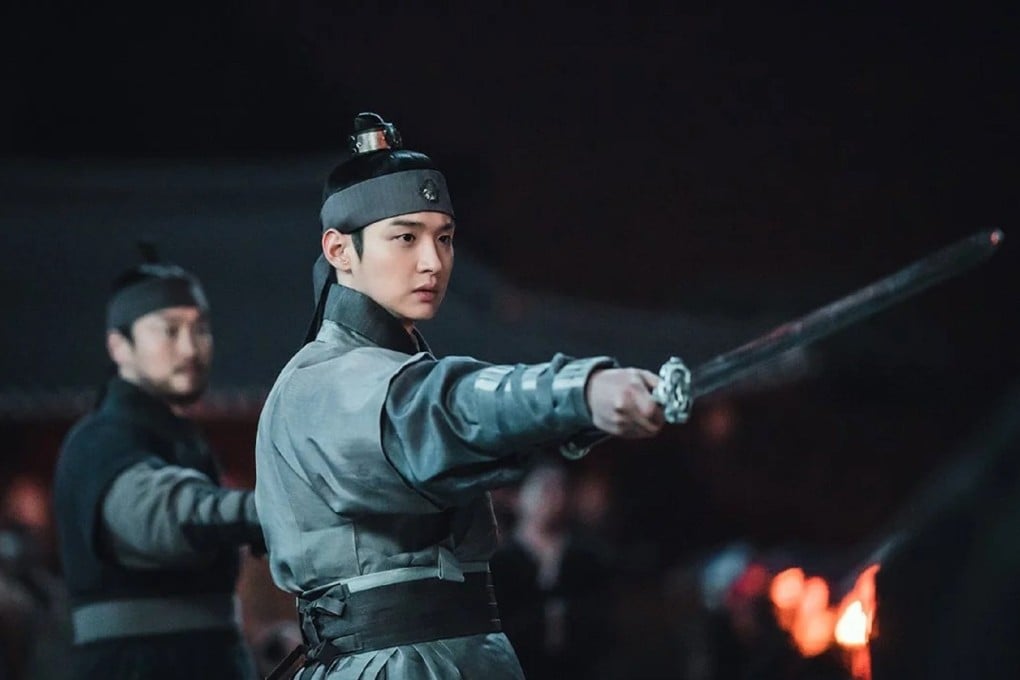Period Korean drama Joseon Exorcist cancelled over Chinese props and historical distortion that stirred controversy
- Five days was all it took for the fictional period horror series to debut to acclaim, run into controversy, lose its sponsors, be pulled from screens, then axed
- First it showed a king as a tyrant, then his son being entertained by gisaeng – Korea’s answer to geishas – who serve him Chinese food. The internet exploded

Korean drama series Joseon Exorcist debuted to strong ratings this week, but after courting a mountain of controversy its fate was all but sealed by Thursday evening. On Friday morning, four days after its launch, broadcaster SBS confirmed it was pulling the plug on the show, after airing just two of its 16 planned episodes.
The period horror drama immediately attracted the ire of viewers for its opening episode. The main issues viewers had with it was its distortion of history and the inclusion of Chinese props in a series set in Korea.
The show was set in the early 15th century, during the reign of King Taejong, the third monarch of the Joseon Kingdom (1392-1910). The king, along with his two sons, Prince Chungnyung and Prince Yangnyeong, try to protect the kingdom from evil spirits that manifest in zombie-like form.
Though it tells a fictional and supernatural story, audiences were upset at the portrayal of King Taejong as a tyrant – he slaughters innocent civilians owing to a hallucination early in the first episode.
Another point of concern was with its depiction of Prince Chungnyung – a character who becomes King Sejong, Korea’s most revered historical figure – such as showing him being entertained by gisaeng – the Korean equivalent of Japan’s geishas.